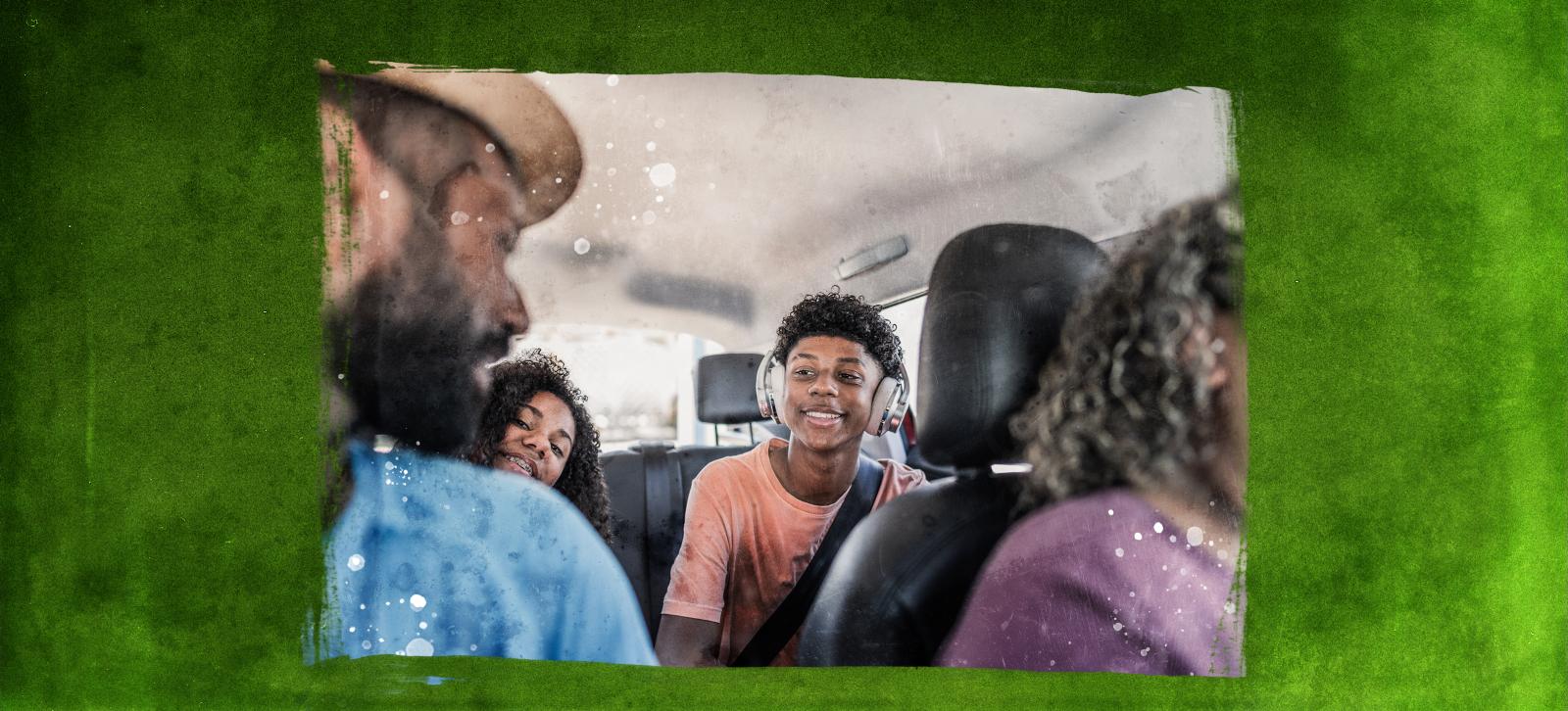Whether you’re chatting with a curious tween, a questioning teen, or a young adult navigating newfound independence, this guide offers tailored approaches to help you connect and communicate openly. We’ve got you covered with some age-appropriate strategies to make these talks more comfortable and effective.
Early and frequent conversations about substances are crucial. These discussions help build trust and encourage open communication. When kids know they can come to you with questions, they’re more likely to reach out when they need guidance. Regular communication with caregivers also helps kids develop critical thinking skills and make safer decisions.
While every child is unique, these age ranges can serve as a helpful guide. So, let’s dive in and explore how we can have meaningful conversations about substance use at every stage.
Talking to tweens (10-13 years old)
Tweens respond best to clear, straightforward information and a direct presentation of facts and expectations.
To encourage talking, start with open-ended questions that can’t be answered with a simple “yes” or “no.” For example, instead of asking, “Do you know what vapes are?” try, “Tell me what you know about vapes.”
Listen, acknowledge what they already know, and offer additional information. For example, if they say, “I saw a sign saying cannabis is good for you” you might respond, “You’re right. There are a lot of people talking about how it might be used as medicine, but we still have a lot to learn. What do you think about that?”
Talking to teens (14-17 years old)
Teenagers crave conversation. They are developing reasoning skills and want to explore the pros and cons of a decision, using facts to draw their own conclusions. Ask questions that demonstrate respect for their views. Don’t rush to correct their perspective or beliefs.
Listen to their response, affirm what they’ve said, and then continue the conversation by offering factual information. For example, “So, you already know that fentanyl is an extremely dangerous opioid. It’s good to be aware - especially since there are people selling fake prescription drugs that are laced with fentanyl.”
Ask questions that demonstrate respect for their views and opinions. For example while discussing alcohol consumption, you could say, “When I was in high school, I thought everyone but me was drinking alcohol, even though it wasn’t true. Why do you think we assume more people are using than actually are?”
Talking to young adults (18-25 years old)
Talk to young adults about substances as you would a peer. Acknowledge that some substances, such as alcohol and cannabis, are legal for those 21 and older, but emphasize that you want them to have the facts needed to make an informed decision.
It’s worth noting that the brain continues to develop into the mid-twenties. Current studies suggest that using cannabis before the age of 25 may disrupt brain development. This can affect important brain functions like memory, learning, emotional regulation, and decision-making. That’s why it is crucial to have honest conversations about both personal choices and potential health impacts. Remember to focus on providing evidence-based information, rather than using scare tactics.
Make sure they understand the laws around substance use. For example, while cannabis is legal for those 21 and older, consuming it in public (in any form) is not legal. Drivers should understand the risks of driving high, including potential DUI charges. Discuss how the purpose of these laws is to protect both individuals and the community.
In this stage, young adults are becoming more oriented to the world beyond themselves. Ethics, personal values, issues of justice, and future consequences gain importance. For example, you may want to discuss vaping and its environmental impact, as an example of how personal choices can have wider societal effects.
Talking about substance use is an ongoing process, not a one-time event.
These conversations will evolve as your child grows. By approaching these talks with honesty, empathy, and respect, you’re not just educating about substance use - you’re building trust and strengthening your relationship. Remember, you don’t need to have all the answers—what matters is being an askable parent and creating a safe space for honest dialogue.
